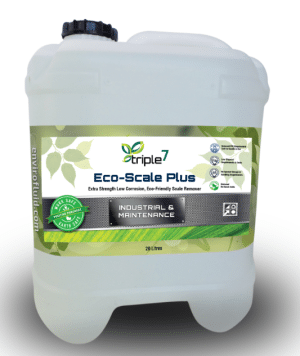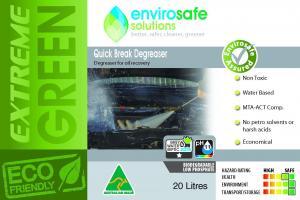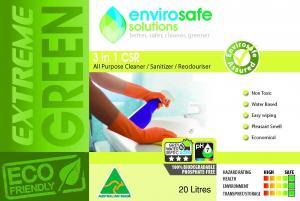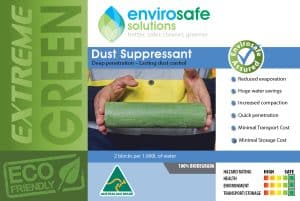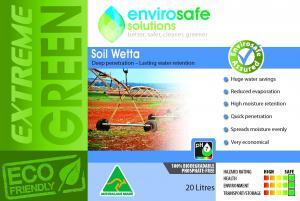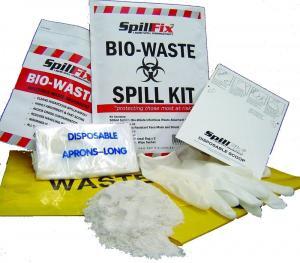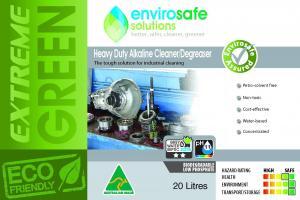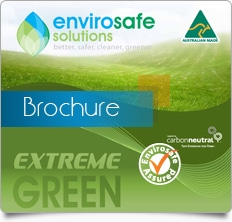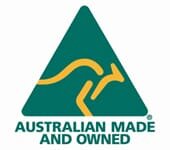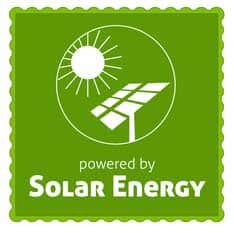 Many believe the new carbon tax, released by Prime Minister Gillard’s government on the 10th July, is the single most important action taken to reduce global warming by Australia.
Many believe the new carbon tax, released by Prime Minister Gillard’s government on the 10th July, is the single most important action taken to reduce global warming by Australia.
The exact details of the plan are now public. A multi-party carbon pricing committee that included the Prime Minister, independents Rob Oakeshott and Tony Windsor, a number of Greens MP’s and a number of Labor Party ministers developed and negotiated the new scheme. The Liberal Party refused to be involved in the process, in spite of being invited. They declined their seats and cited disagreement with the introduction of a carbon tax for Australia as the reason behind their refusal.
Industries impacted
Large-scale industry will be most affected. The following will be included in the tax:
- Corporations, businesses and facilities that create at least 25,000 tonnes of carbon dioxide per year. However, some industries are exempt.
- 500 of the highest polluting businesses will pay the carbon price. This price will actually increase by 2.5% above inflation until 2015.
- In 2015, a market based emissions trading scheme will take over.
- $9.2 billion from the revenue stream will go to businesses and workers the scheme affects.
- The most polluting electricity generators in Australia will be shut down and will be replaced by gas-fired equivalents by 2020.
- Assistance for very high polluting industries that rely on exports will be via free permits. Industries affected by this will include aluminium, steel, flat glass making, zinc, pulp and paper-making.
- The transport industry – heavy vehicles such as semi trailers etc. – will pay carbon tax on diesel from 2014. Up until then, a two year moratorium will be in place.
- $300million will be set aside to support steel manufacturing and industry employment.
- $1.3 billion is set aside as a reward incentive to coal mines that reduce their emissions.[1]
Industry is also encouraged to source new technologies and green innovations, from the research and development through to marketing strategies. $3.2 billion has been set aside to develop a new agency that will develop these programs and ideas.
SBS Australia has stated that “several industry groups – including representatives of coalminers, aluminium producers and retailers – have criticized the scheme. The Australian Coal Association has even reiterated its vocal opposition and says the scheme will result in mine closures.[2] The industry is most concerned about the rising costs due to the tax.
Industries supporting the scheme
However, some industries are supportive. The Australian Geothermal Energy Association (AGEA) has said the scheme would provide a platform for the development of new clean energy projects.
The Clean Energy Finance Corporation also says the new tax will help their sector.[2]
Caltex Australia has also stated the scheme is sensible because the new tax does not apply to fuels used in light vehicles.
Envirosafe Solutions will continue to bring you relevant and updated information on the new scheme. Stay tuned for more reports on the impact on individual families and small business. Envirosafe Solutions continues to support a balanced and thoroughly negotiated approach to emissions trading and taxing. It also encourages the use of its environmentally friendly products that do less damage to the planet. For more information or for order and purchase enquiries, please phone Envirosafe Solutions on 1300 889070
[1] http://www.abc.net.au/news/stories/2011/07/10/3265732.htm
[2] http://www.sbs.com.au/news/article/1569273/latest-from-wire/









